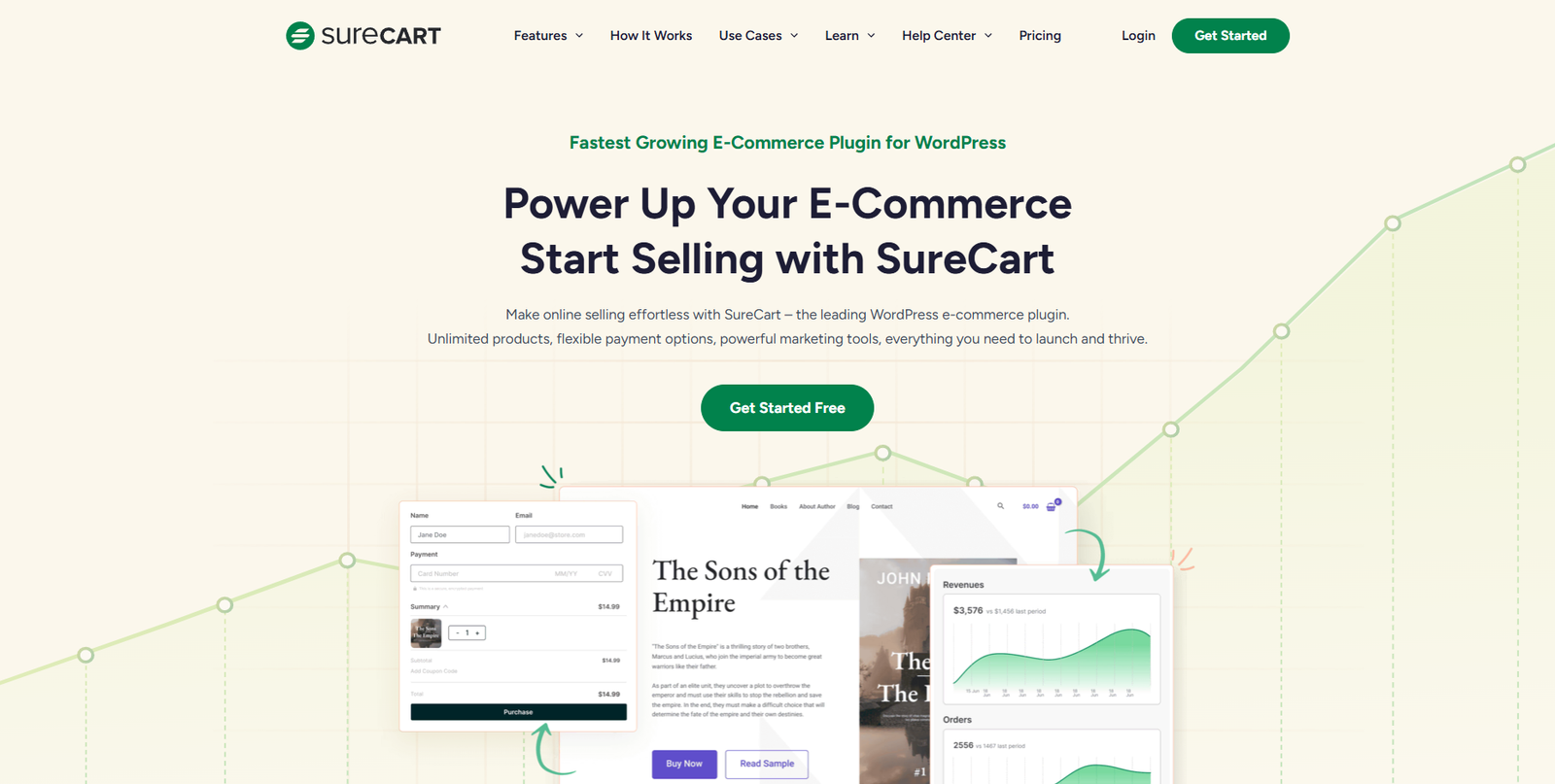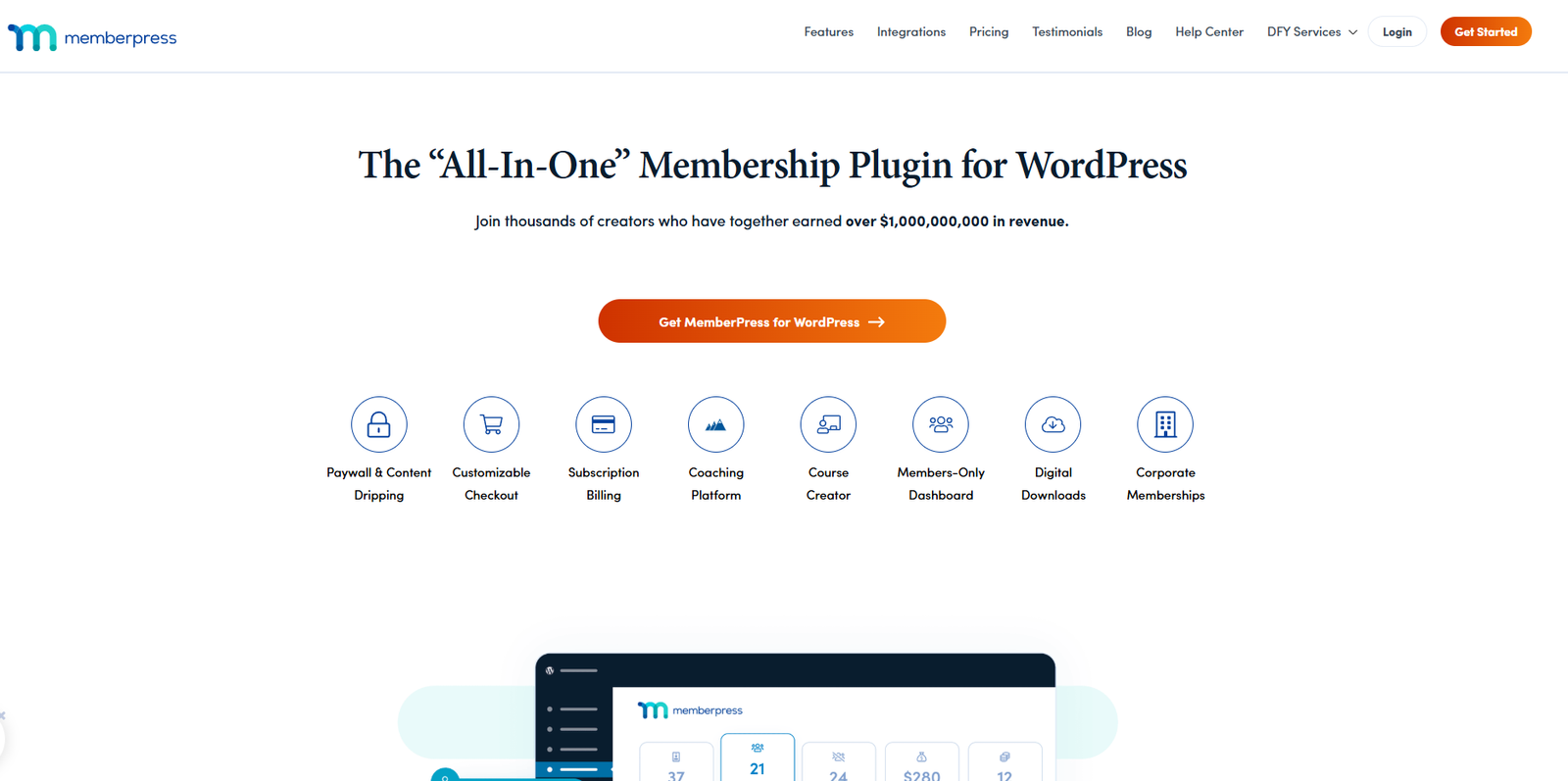WordPress eCommerce Plugins: Building Your Online Storefront
The world of commerce has drastically shifted online. Whether you’re a small artisan, a growing brand, or an established wholesaler or retailer, having an effective online store is no longer optional – it’s essential. For thousands and millions of website owners using WordPress, the good news is that transforming your site into a powerful eCommerce platform is entirely achievable, thanks to a wide array of dedicated WordPress eCommerce plugins.
These plugins are specialized tools that communicate seamlessly with your WordPress site, providing all the necessary functionalities to list products, manage inventory, accept payments, handle shipping, and finally, sell online.
Why are WordPress eCommerce Plugins So Important?
While WordPress started as a blogging platform, its flexibility allows it to become almost anything – including a fully functional online store. eCommerce plugins are the engines that drive this transformation. Their importance stems from several key factors:
- Accessibility: They allow businesses of any scale to set up online stores without needing extensive coding knowledge or massive budgets often associated with custom platforms.
- Feature-Rich Functionality: Core features usually include product management (adding listings, descriptions, images, prices, discounts), shopping cart systems, secure checkout processes, order management, delivery tracking and basic reporting.
- Payment Gateway Integration: Easily connect with popular payment processors like Stripe, PayPal, 2checkout, Square, and many others to securely accept payments from customers worldwide.
- Customization & Scalability: WordPress eCommerce plugins range from simple to incredibly complex. You can start small and add features (like advanced shipping rules, subscriptions, bookings, or marketing tools) via extensions or add-ons on your website as your business grows.
- Cost-Effectiveness: Many leading WordPress eCommerce plugins offer robust free core versions, allowing you to start selling with minimal initial investment compared to many hosted eCommerce platforms.
- Ownership & Control: Unlike some hosted platforms, using a WordPress plugin gives you more and flexible full control over your store’s data, design, and functionality.
Choosing the right eCommerce plugin is a foundational decision for your online business. It dictates how you manage your store, the features available to you and your customers, and your potential for future growth.
Exploring Leading WordPress eCommerce Plugins
The WordPress depository offers several excellent choices for building your online store. Each caters to slightly different needs and scales. In this post, we’ll dive into four popular and powerful WordPress eCommerce plugins, highlighting their core strengths along with brief pros and cons.
1. WooCommerce

By far the most popular WordPress eCommerce plugin, powering millions of online websites and stores globally. Owned by Automattic (the company behind WordPress.com), WooCommerce is a free, open-source plugin that is incredibly customizable and extensible. It’s suitable for selling both physical and digital products and boasts a massive ecosystem of themes and extensions (both free and paid) for virtually any functionality imaginable.
-
Pros:
- Highly flexible and scalable for stores of all sizes.
- Massive library of extensions and themes available.
- Free core plugin provides robust essential and advanced features.
- Large community support and extensive documentation.
-
Cons:
- Can become complex with many extensions or addons installed.
- Costs can add up quickly with premium extensions.
- Might be overkill for very simple stores.
- Requires handsome hosting to perform well at scale.
- Suitable for small online stores.
2. Easy Digital Downloads (EDD)

As the name suggests, Easy Digital Downloads is specifically designed for selling digital products like SAS, eBooks, graphics, vectors, documents, or online courses. It provides a streamlined system focused purely on the needs of digital creators and sellers, offering features like file download management, license key generation, and integrations relevant to digital goods.
-
Pros:
- Perfectly optimized for selling digital products.
- Simple and Cleaner interface than WooCommerce for digital goods.
- Excellent core features for download management and reporting.
- Good selection of extensions tailored to digital sales (subscriptions, reviews, etc.).
-
Cons:
- Not suitable and valuable for selling physical products out-of-the-box.
- While the core is free, many advanced extensions are premium.
- Smaller overall ecosystem compared to WooCommerce.
Tips:- The store reach can be increase with the email marketing.
3. SureCart

SureCart is a likely a newer, modern eCommerce platform designed with a focus on simplicity, speed, and conversion optimization. It often operates with an “independent” approach, meaning the cart and checkout can function independently of your WordPress theme for faster performance. It aims to simplify selling digital products, physical goods, and especially subscriptions, with many features built-in that often require paid extensions elsewhere.
-
Pros:
- Modern, stylish, clean interface focused on ease of use.
- Especially Designed for speed and optimized checkout experiences.
- Strong built-in features for subscriptions and payment plans.
- Potentially lower overhead compared to heavily extended WooCommerce sites.
-
Cons:
- Newer platform, smaller community and third-party extension library compared to incumbents.
- Relies more on its own ecosystem than other WordPress themes/plugins for some core functions.
- Free plan has limitations; premium needed for full features.
- Premium plans are high.
4. MemberPress

While primarily known as a membership plugin, MemberPress is a powerful WordPress eCommerce plugins solution for businesses selling access to content, communities, courses, or subscription-based services rather than individual physical or digital products on store. It focus at managing recurring payments, controlling content access based on membership levels, and integrating with forums or learning management systems.
-
Pros:
- Excellent for membership sites, online courses, and recurring revenue models.
- Robust content restriction (paywall) features.
- Handles subscriptions and recurring billing very accurately.
- Best integrations with email marketing and LMS plugins.
-
Cons:
- Primarily focused on memberships/subscriptions, not a general store plugin.
- Not ideal for selling typical physical or one-off digital goods.
- Only Premium plugin is available.
Conclusion: Choosing Your eCommerce Engine
Selecting the right WordPress eCommerce plugin is crucial for laying a solid foundation for your online business. The best choice isn’t ideal; it depends entirely on what you sell, your technical needs, your budget, and your future growth plans.
- For maximum flexibility and the ability to sell anything, backed by a huge community, WooCommerce is the undisputed leader.
- If your focus is purely on digital downloads, Easy Digital Downloads offers a tailored and streamlined experience.
- For a modern, potentially faster approach focused on simplicity, especially for subscriptions, SureCart presents a compelling alternative.
- If your business revolves around selling access via memberships or subscriptions, MemberPress is purpose-built for the job.
Calculate your core needs carefully. Do you sell physical goods, digital items, services, or memberships? What specific features are essential now, and what might you need later? Explore the features and pricing models of these plugins, and potentially test out free versions or demos where available. By making an informed choice, you empower your WordPress site to become a successful and scalable online storefront.
